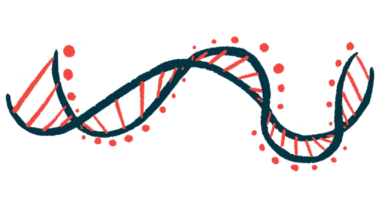Prepare to Light Up Buildings for Rare Disease Day 2022

The National Organization for Rare Disorders (NORD) asks Americans to plan ahead to participate in the Light Up for Rare campaign to raise awareness of rare diseases.
NORD is the U.S. sponsor for Rare Disease Day on Feb. 28. The annual awareness day spotlights approximately 7,000 rare diseases that affect more than 300 million people worldwide. More than 25 million Americans and their families are believed to be affected by rare diseases.
Participants are encouraged to light or decorate their homes in blue, green, pink, and purple at 7 p.m. local time on Feb. 28. (Blue should be used if only one color is possible.) NORD suggests using NovaBright to light up a building, monument, home, or neighborhood in these rare disease colors.
To join the Light Up for Rare campaign, sign up here. Participants should complete the applications required by the landmarks they pledge to light up, which could include historic buildings and homes, schools and universities, businesses, stadiums, bridges, and monuments. A downloadable template request is available to ask cities and buildings to participate in the initiative.
Once requests are approved, participants should inform NORD so the organization can track the buildings that will be illuminated for Rare Disease Day.
Light Up for Rare is part of the Global Chain of Lights campaign, which aims to unite the rare disease community across the globe and symbolically break the isolation caused by the COVID-19 pandemic.
The European Organization for Rare Diseases (EURORDIS), NORD’s counterpart in Europe, is coordinating the Feb. 28 awareness day there along with several patient advocacy groups. On leap years, Rare Disease Day falls on Feb. 29, the rarest day of the year.
Download the Light Up for Rare toolkit here. Information on how to illuminate a building can be found here.
The general public, as well as caregivers, healthcare professionals, researchers, clinicians, policymakers, and industry representatives are encouraged to participate in Rare Disease Day advocacy and events. Other toolkits and resources for Rare Disease Day are available here.
After buildings and landmarks are lit up in Rare Disease Day colors, participants are encouraged to share photos and videos on social media. Please use the #RareDiseaseDay and #ShowYourStripes hashtags so the efforts can be spotlighted.






